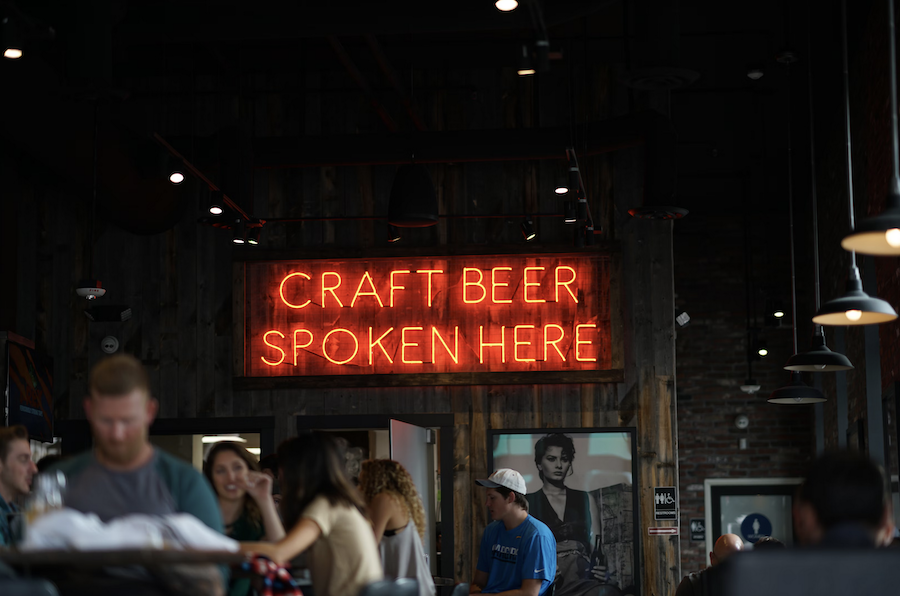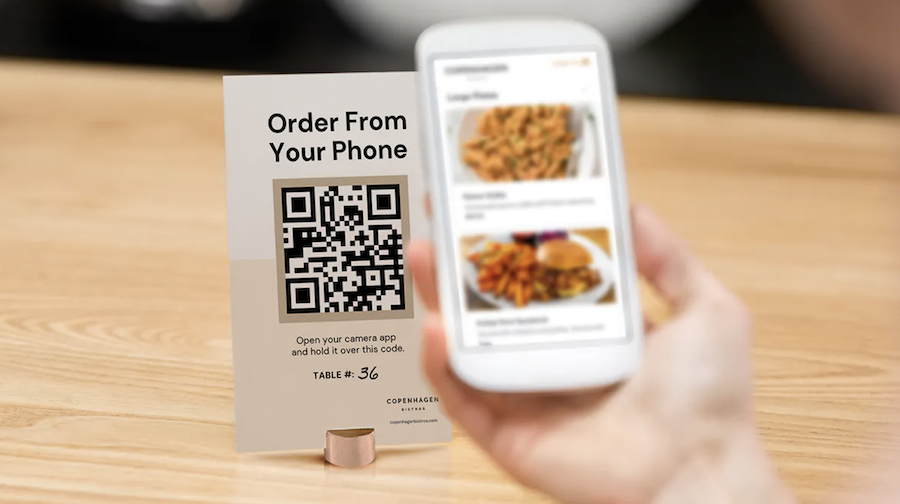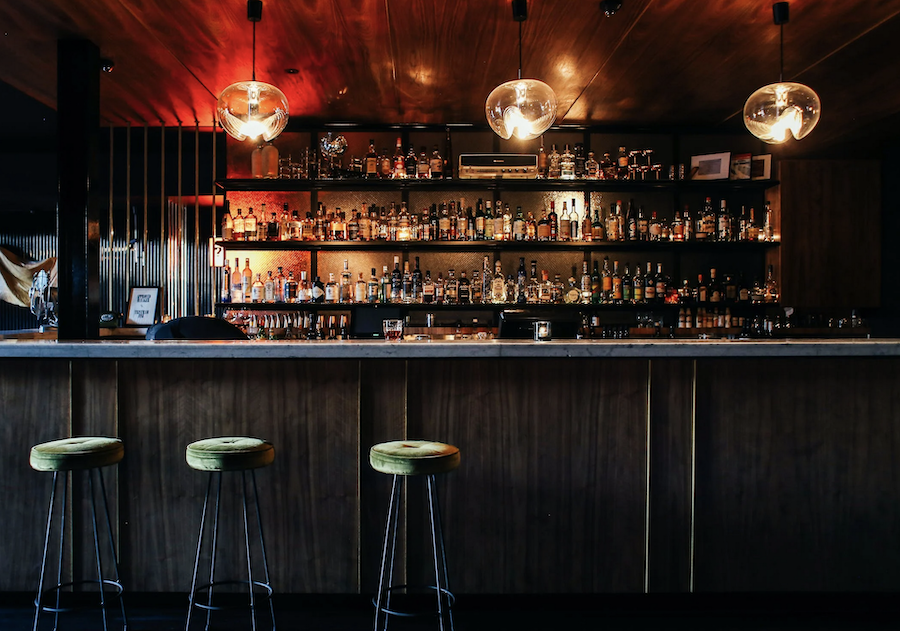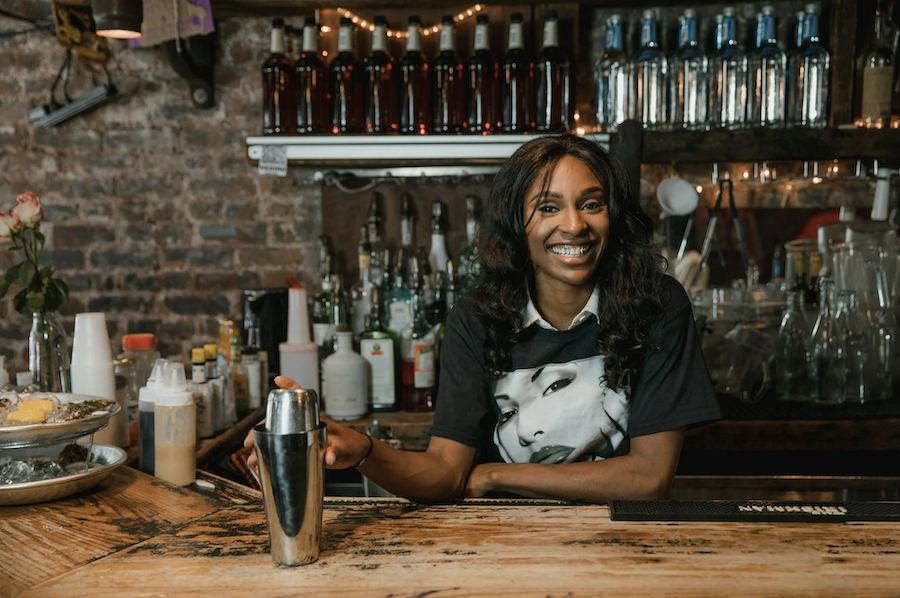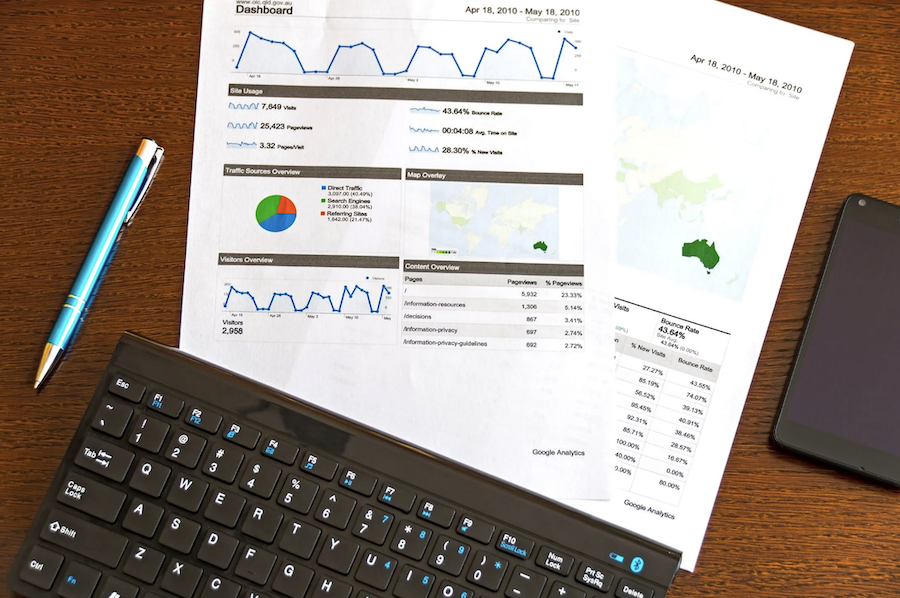How Do You Come Up with an Idea for a New Pub?
Coming up with the idea for a new pub is no easy feat.
In the UK, pubs are not just places to dine and wine.
They carry a lot more significance.
They serve many purposes: a meeting place for old friends, a family fun-time venue, or the best place to find solitude.
And that makes pubs a challenging, lucrative, and competitive arena for operators. But starting a new pub — sounds attractive yet daunting?
Well, if you are still on this page, you must be desperately looking for ways to venture into the pub business.
This article delves into quick tips to develop the idea for a new pub.
Here’s your checklist to build on the idea for a new pub:
1. Your pub needs a “name.”
2. Decide on the type of agreement
3. Create a solid business plan
4. Get the proper licenses and insurance
5. Focus on what you wish to offer
6. Embrace the modern pub technology tools
7. Source essential pub equipment
8. Hire & train cheap labor
9. Focus on marketing locally
10. Create a website
11. Build a social media presence
12. Bring in special discounts and offers
13. Manage your sales and reports
1. Your pub needs a “name.”
First things first. While some may ask, “What’s in a name?” there’s a lot.
Like other businesses, the idea for a new pub starts with its name.
Though you may start small, imagine the big picture when your pub becomes a top brand.
With that in mind, list out possible names that will work well.
Relate your pub to nearby places or nature, like a river or a hill, known to many.
The bottom line is your pub’s name must let customers associate with it in the future.
2. Decide on the type of agreement
A key factor to consider in the idea for a new pub is the kind of agreement to choose.
As someone finding their foot in this space, tenancy is the best choice.
Usually, the contract of tenancy runs for close to three years, letting you learn the ropes of the trade with little upfront investment and without getting into a long-term commitment.
If you are somewhat experienced in the pub business, you have other lucrative options, including leasehold and freehold.
3. Create a solid business plan
As with any other business, you must craft a solid business plan that will serve as a North Star in your journey ahead.
Check out the people who live around your upcoming pub’s location.
Do some market research to understand their tastes and preferences.
This will help you plan your menu, design, and more.
Additionally, look for what other pubs and restaurants in these areas offer, what they are missing, and where you can capitalize.
4. Get the proper licenses and insurance
To start a pub business, you must have the proper licenses.
Essentially, you must have a personal license that allows your staff to sell wines and beer and a premise license enabling your site to operate in this business. Initially, this must be fine.
Additionally, get insurance to secure your startup. Some of them include:
- Business insurance – to cover any damages to your pub business
- Employee liability insurance – for your staff
- Property insurance – to protect your pub’s property from any damage or theft.
5. Focus on what you wish to offer
Your idea for a new pub must clearly define your services – what will be your menu? Some questions to help you give a lead:
- Will you provide food or only drinks?
- What will the drink menu include – beers, wines, or cocktails?
- Should you offer some snacks?
Alternatively, your menu will become broader if you wish to own a full-fledged restaurant.
Even when starting, should you include special Sunday lunches?
Gradually, plan with your staff what your “meal of the day” should be.
With this food for thought, you can build higher on what to serve and what not to.
6. Embrace the modern pub technology tools
Similar to other sectors, technology facilitates the pub business as well.
Leverage tech tools like POS (Point-of-Sale) that help take orders, process, and report.
Others are handheld ordering tablets that allow customers to place orders from their tables and contactless card readers for cashless and quicker payments.
7. Source essential pub equipment
Besides the furniture—chairs, and tables—there is some other core equipment essential to your idea for a new pub.
One such example is the draught beer system or the beer tap.
Unarguably, this is a must-have for any pub.
Additionally, you need glassware, crockery, measurers and pourers, pints, and half-pints to serve wines to your visitors.
Always set aside some amount to account for any breakage or damage to this equipment.
As your pub grows, you may plan to buy some of the essentials and rent or source others.
8. Hire & train cheap labor
Good staff plays a key role in attracting and retaining customers.
While hiring skilled bartenders, waiters, or chefs may not be feasible initially, look for cheap, hardworking talent.
Hire part-timers, college-goers looking for jobs, someone willing to run errands, or someone skilled in more than one task (say cooking, cleaning, and washing) who will prove efficient and cost-effective, too.
Train your staff well to exhibit the best demeanor and attract more customers.
9. Focus on marketing locally
Getting started with your presence locally is both straightforward and practical.
Collaborate with local dailies, newspapers, or ad agencies. Initially, try for some free advertising to put your “upcoming” pub in the minds of your local public.
Get some nice pictures of your pub to be put in these local papers. Business listings on Google or paid ads are ideas for a new pub you can incorporate later once your revenues start pouring in.
10. Create a website
While you may opt for local newspapers to promote your new pub, having a website is equally important in this digital era.
Start with an essential website outlining your pub’s menu, location, happy hours, etc.
Various user-friendly tools like Wix and WordPress can give you a good start. Alternatively, hire a relatively cheap yet skilled developer to build a functional website for you.
11. Build a social media presence
Marketing your pub on social media is key to turning your idea for a new pub into reality.
With everyone spending time on these platforms, you double your pub’s popularity through these channels.
Plan on posts, reels, and videos that will engage your audience and increase traffic.
Other ideas include:
- Arranging music events with local celebrities
- Conducting pub quizzes
- Organizing arcade games, etc.
- Engaging customers in wine tasting
- Conducting bar games like pools and dart
12. Bring in special discounts and offers
One of the best ideas for promoting your budding pub is to offer special offers and discounts to your customers.
Always keep a tab on the government restrictions on advertising certain beers. Alternatively, include “happy hours” with your special drinks or food to attract more visitors.
13. Manage your sales and reports
As a final checklist item, keep track of all your costs, revenues, and profits. In terms of utility costs, you incur electricity, gas, and other bills.
Other costs include your staff’s wages, rental furniture or equipment, marketing expenses, and such.
Managing stock is extremely important to reap maximum gains.
You must monitor what customers buy most, what doesn’t sell, unused inventory, and more to eliminate wastage while generating revenues.
Use tech tools like POS to pull out reports and see what works and what doesn’t.
Wrapping up
As a new entrant in the pub business, you need to find your footing before planning to rise higher.
To start confidently, follow the checklist to develop the idea for a new pub outlined in the blog.





